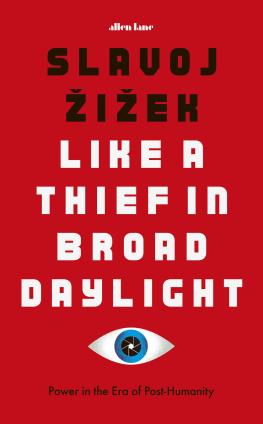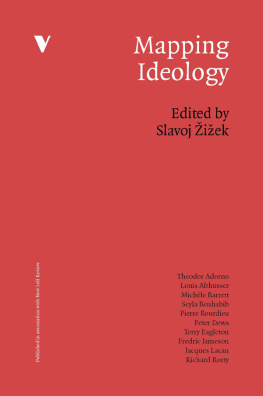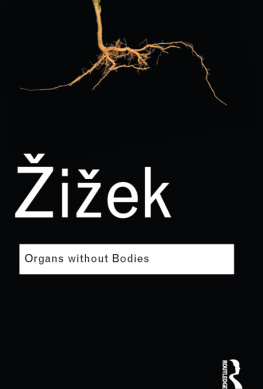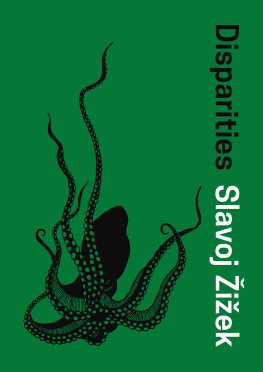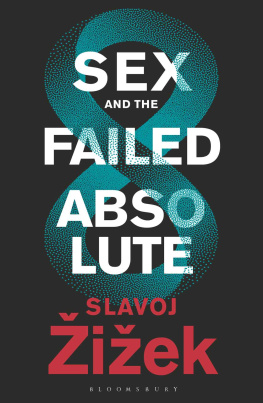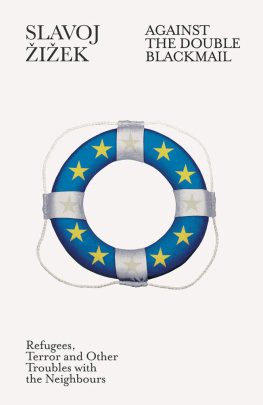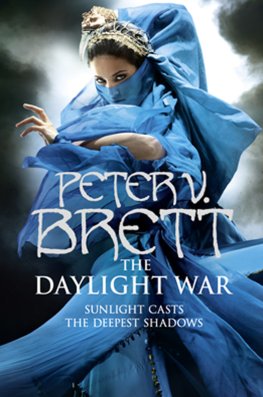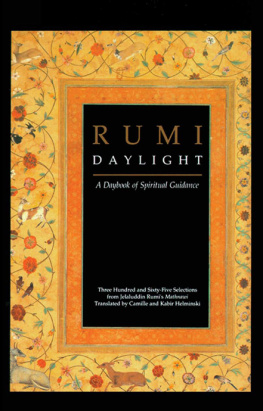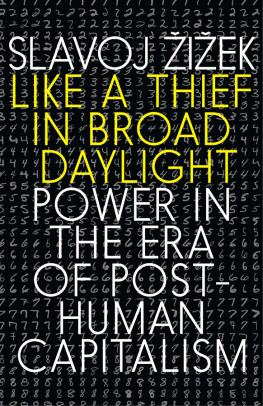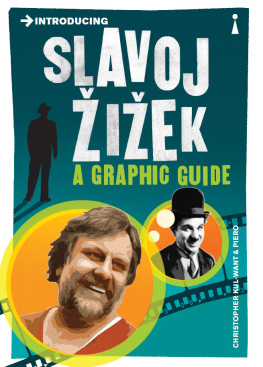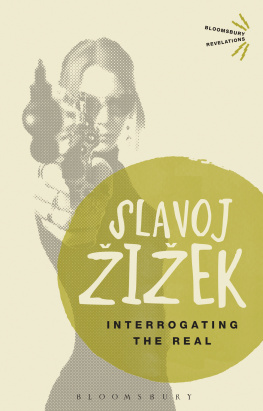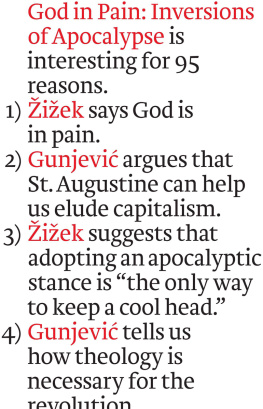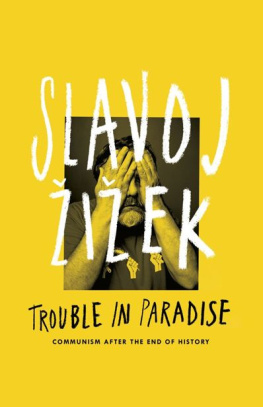Žižek - Like a thief in broad daylight : power in the era of post-humanity
Here you can read online Žižek - Like a thief in broad daylight : power in the era of post-humanity full text of the book (entire story) in english for free. Download pdf and epub, get meaning, cover and reviews about this ebook. year: 2018, publisher: Allen Lane, genre: Science. Description of the work, (preface) as well as reviews are available. Best literature library LitArk.com created for fans of good reading and offers a wide selection of genres:
Romance novel
Science fiction
Adventure
Detective
Science
History
Home and family
Prose
Art
Politics
Computer
Non-fiction
Religion
Business
Children
Humor
Choose a favorite category and find really read worthwhile books. Enjoy immersion in the world of imagination, feel the emotions of the characters or learn something new for yourself, make an fascinating discovery.
Like a thief in broad daylight : power in the era of post-humanity: summary, description and annotation
We offer to read an annotation, description, summary or preface (depends on what the author of the book "Like a thief in broad daylight : power in the era of post-humanity" wrote himself). If you haven't found the necessary information about the book — write in the comments, we will try to find it.
Žižek: author's other books
Who wrote Like a thief in broad daylight : power in the era of post-humanity? Find out the surname, the name of the author of the book and a list of all author's works by series.
Like a thief in broad daylight : power in the era of post-humanity — read online for free the complete book (whole text) full work
Below is the text of the book, divided by pages. System saving the place of the last page read, allows you to conveniently read the book "Like a thief in broad daylight : power in the era of post-humanity" online for free, without having to search again every time where you left off. Put a bookmark, and you can go to the page where you finished reading at any time.
Font size:
Interval:
Bookmark:



To Jela, with l!
Alain Badious The True Life opens with the provocative claim that, from Socrates onwards, the function of philosophy is to corrupt the youth, to alienate (or, rather, extraneate in the sense of Brechts verfremden) them from the predominant ideologico-political order, to sow radical doubts and enable them to think autonomously. The young undergo the educational process in order to be integrated into the hegemonic social order, which is why their education plays a pivotal role in the reproduction of the ruling ideology. No wonder that Socrates, the first philosopher, was also its first victim, ordered by the democratic court of Athens to drink poison. And is this prodding not another name for evil evil in the sense of disturbing the established way of life? All philosophers prodded: Plato submitted ancient customs and myths to ruthless rational examination, Descartes undermined the medieval harmonious universe, Spinoza ended up being excommunicated, Hegel unleashed the all-destructive power of negativity, Nietzsche demystified the very basis of our morality even if they sometimes appeared almost as state-philosophers, the establishment was never really at ease with them. We should also consider their counterparts, the normalizing philosophers who tried to restore the lost balance and reconcile philosophy with the established order: Aristotle with regard to Plato, Thomas Aquinas with regard to effervescent early Christianity, post-Leibnizian rational theology with regard to Cartesianism, neo-Kantianism with regard to post-Hegelian chaos
Is the pairing of Jrgen Habermas and Peter Sloterdijk not the latest incarnation of this tension between prodding and normalization, shown in their reaction to the shattering impact of modern sciences, especially brain sciences and biogenetics? The progress of todays sciences destroys the basic presuppositions of our everyday notion of reality.
There are four main attitudes one can adopt towards this breakthrough. The first one is simply to insist on radical naturalism, i.e. to heroically pursue the logic of the scientific disenchantment of reality whatever the cost, even if the very fundamental coordinates of our horizon of meaningful experience are thereby shattered. (In brain sciences, Patricia and Paul Churchland most radically opt for this attitude.) The second is to make a desperate attempt to move beneath or beyond the scientific approach into some presumably more original and authentic reading of the world (religion or other kinds of spirituality are the main candidates here) as, ultimately, Heidegger does. The third and most hopeless approach is to try to forge some kind of New Age synthesis between scientific Truth and the premodern world of Meaning: the claim is that new scientific results themselves (quantum physics, say) compel us to abandon materialism and point towards some new (Gnostic or Eastern) spirituality. Here is a standard version of this idea:
The central event of the twentieth century is the overthrow of matter. In technology, economics, and the politics of nations, wealth in the form of physical resources is steadily declining in value and significance. The powers of mind are everywhere ascendant over the brute force of things.
This line of reasoning stands for ideology at its worst. The re-inscription of proper scientific problematics (the role of waves and oscillations in quantum physics, for example) into the ideological field of mind versus brute things obfuscates the truly paradoxical result of the notorious disappearance of matter in modern physics: how the very immaterial processes lose their spiritual character and became a legitimate topic of natural sciences.
None of these three options is adequate for the establishment, which basically wants to have its cake and eat it: it needs science as the foundation of economic productivity, but it simultaneously wants to keep the ethico-political foundations of society free from science. In this way, we arrive at the fourth option, a neo-Kantian state philosophy whose exemplary case today is Habermas (but there are others, like discerning the echoes of Nazi eugenics in the (quite reasonable) proposal that biogenetics compels us to formulate new rules of ethics. Techno-scientific progress is perceived as a temptation that can lead us into going too far entering the forbidden territory of biogenetic manipulations and so on, and thus endangering the very core of our humanity.
The latest ethical crisis apropos biogenetics effectively creates the need for what one is fully justified in calling a state philosophy: a philosophy that would, on the one hand, promote scientific research and technical progress and, on the other, contain its full socio-symbolic impact, i.e. prevent it from posing a threat to the existing theologico-ethical constellation. No wonder those who come closest to meeting these demands are neo-Kantians: Kant himself was focused on the problem of how, while fully taking Newtonian science into account, one can guarantee that ethical responsibility can be exempted from the reach of science as he himself put it, he limited the scope of knowledge to create the space for faith and morality. And are todays state philosophers not facing the same task? Are their efforts not focused on how, through different versions of transcendental reflection, to restrict science to its preordained horizon of meaning and thus denounce as illegitimate its consequences for the ethico-religious sphere? In this sense, Habermas is effectively the ultimate philosopher of (re)normalization, desperately working to prevent the collapse of our established ethico-political order:
Could it be that Jurgen Habermas corpus will be one day of the first in which simply nothing at all prodding can be found any more? Heidegger, Wittgenstein, Adorno, Sartre, Arendt, Derrida, Nancy, Badiou, even Gadamer, everywhere one stumbles upon dissonances. Normalization takes hold. The philosophy of the future integration brought to completion.
One should push Heidegger a step further here: it is not just that thinking is evil insofar as it fails to think against itself, against the accustomed way of thinking; thinking, insofar as its innermost potential is to think freely and against itself, is what, from the standpoint of conventional thinking, cannot but appear as evil. It is crucial to persist in this ambiguity, as well as to resist the temptation to find an easy way out by defining some kind of proper measure between the two extremes of normalization and the abyss of freedom.
Does this mean that we should simply choose our side in this opposition corrupting the youth or guaranteeing meaningful stability? The problem is that, today, simple opposition gets complicated: our global-capitalist reality, impregnated as it is by sciences, is itself prodding, challenging our innermost presuppositions in a much more shocking way than the wildest philosophical speculations, so that the task of a philosopher is no longer to undermine the hierarchical symbolic edifice that grounds social stability but to return to Badiou to make the young perceive the dangers of the growing nihilist order that presents itself as the domain of new freedoms. We live in an extraordinary era in which there is no tradition on which we can base our identity, no frame of meaningful universe which might enable us to lead a life beyond hedonist reproduction. Todays nihilism the reign of cynical opportunism accompanied by permanent anxiety legitimizes itself as the liberation from the old constraints: we are free to constantly re-invent our sexual identities, to change not only our job or our professional trajectory but even our innermost subjective features like our sexual orientation. However, the scope of these freedoms is strictly prescribed by the coordinates of the existing system, and also by the way consumerist freedom effectively functions: the possibility to choose and consume imperceptibly turns into a superego
Next pageFont size:
Interval:
Bookmark:
Similar books «Like a thief in broad daylight : power in the era of post-humanity»
Look at similar books to Like a thief in broad daylight : power in the era of post-humanity. We have selected literature similar in name and meaning in the hope of providing readers with more options to find new, interesting, not yet read works.
Discussion, reviews of the book Like a thief in broad daylight : power in the era of post-humanity and just readers' own opinions. Leave your comments, write what you think about the work, its meaning or the main characters. Specify what exactly you liked and what you didn't like, and why you think so.

